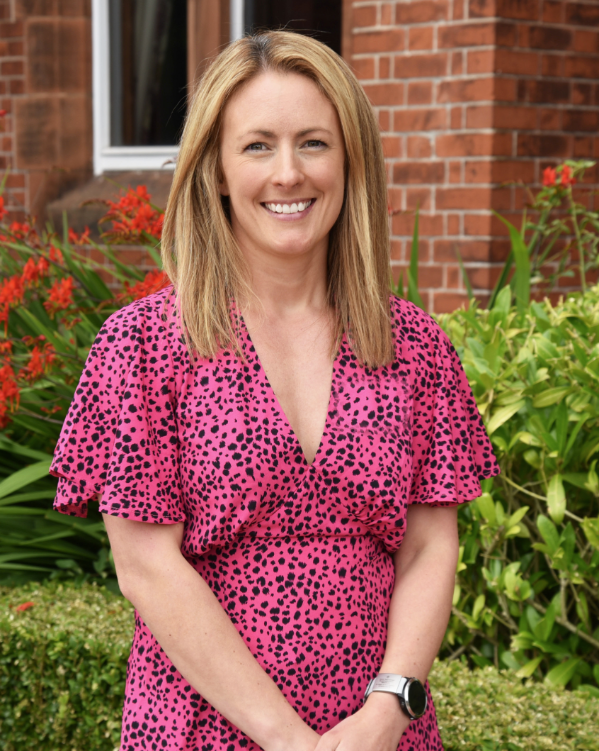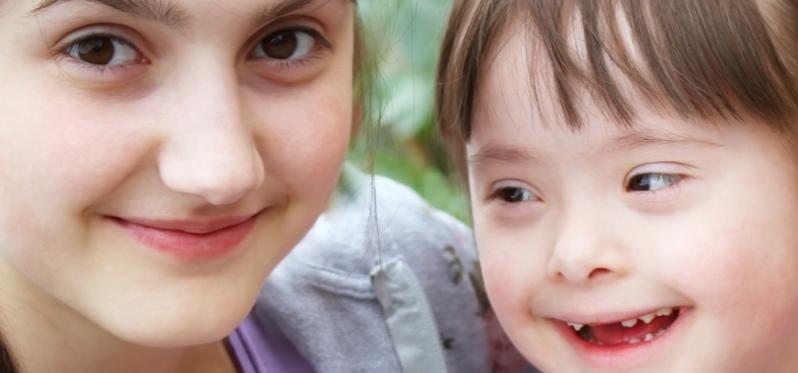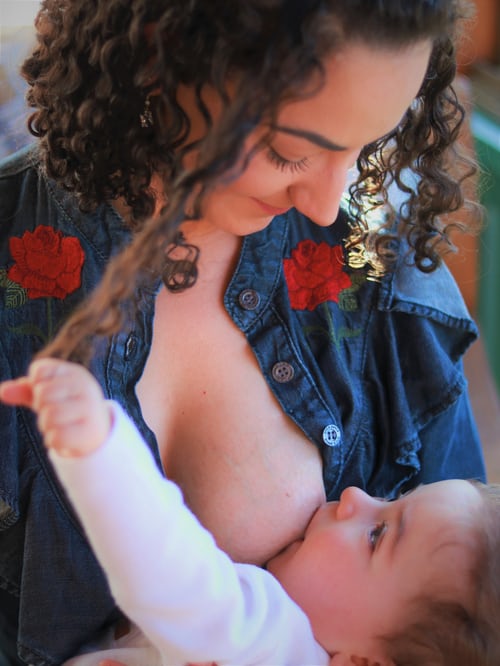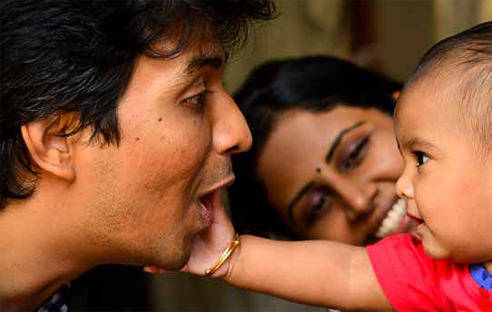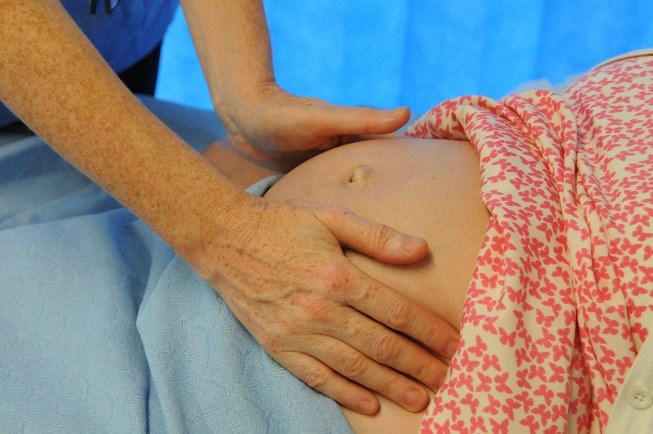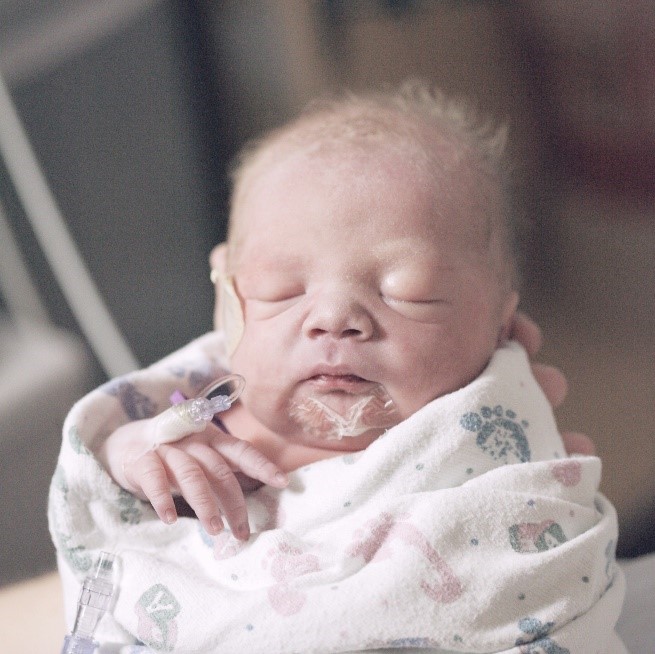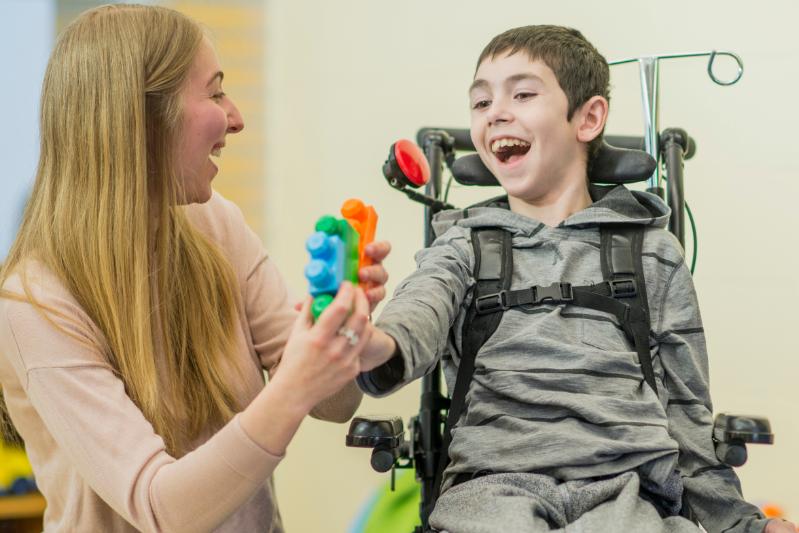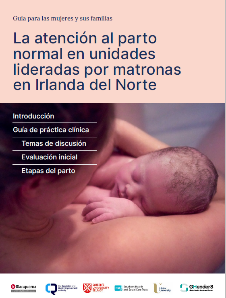Maternal and Child Health
The Maternal and Child Health Research Theme is focused on co-designing and evaluating health promoting innovations to support health across the life course.
Our interdisciplinary team lead research in three interconnected areas of research: (1) Sexual and reproductive health and rights, (2) Family and women’s health, and (3) Interventions to support infants, children, young people and their families.
Together we achieve transformative research by:
-
Working closely with the World Health Organisation and UNESCO to advance their research agendas on: male engagement in sexual and reproductive health and rights; midwifery-led care; and supporting children to thrive in the early years. Our appointment of Fran McConville, Lead Midwifery Advisor to the WHO as an Honorary Professor of Practice, and the appointment of Professor Maria Lohan from the School as first UNESCO Chair in Gender Equality enhances sustained partnerships between our team and these organisations.
- Contributing to National Institute for Health Research standards for patient and public involvement
- Our team’s management of two national population health registers, ‘the Northern Ireland Cerebral Palsy Register’ and ‘Neonatal Intensive Care: Outcomes Research and Evaluation’ underpin early years interventions nationally and with international partners. The NICPR was awarded the 2021 Vice-Chancellor's Research Impact Prize in recognition of the impact of the register beyond academia.
EXAMPLE RESEARCH PROJECTS
Research Expertise of Maternal and Child Health Staff
Our substantive research expertise lies in the interconnected areas of;
- Sexual and reproductive health and rights
- Maternity and Neonatal care
- Child and adolescent health especially in relation to brain injury, cerebral palsy and early years nurturing care
Our methodological research interests relate to development and evaluation of complex interventions to support early years and include:
- Evidence and gap maps and systematic reviews of the literature
- Intervention co-design and co-production through patient and public involvement
- Mixed methods evaluation including randomised controlled trials with embedded process evaluations
- Health economics
- Policy design and evaluation to address sustainable development goals

